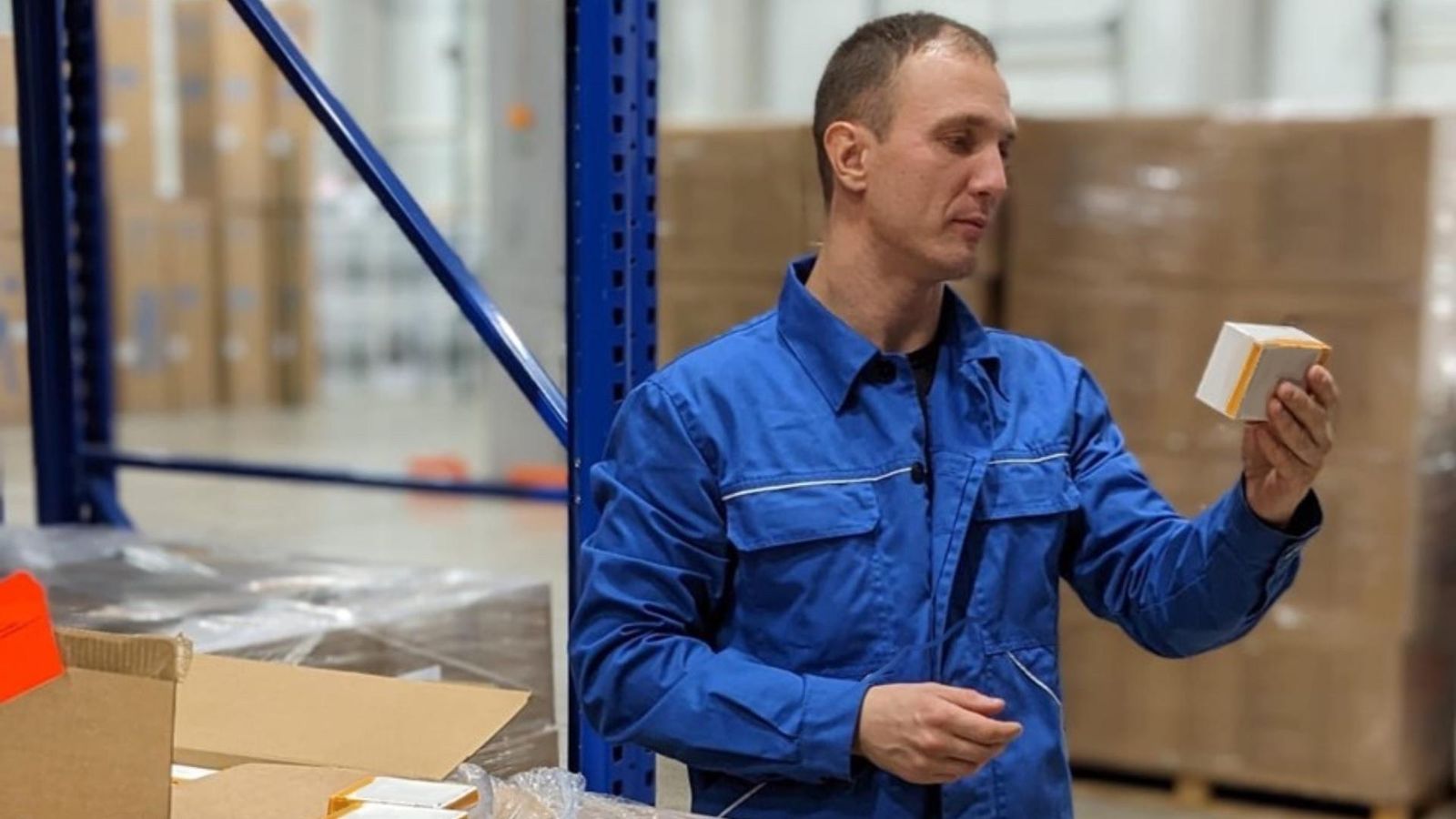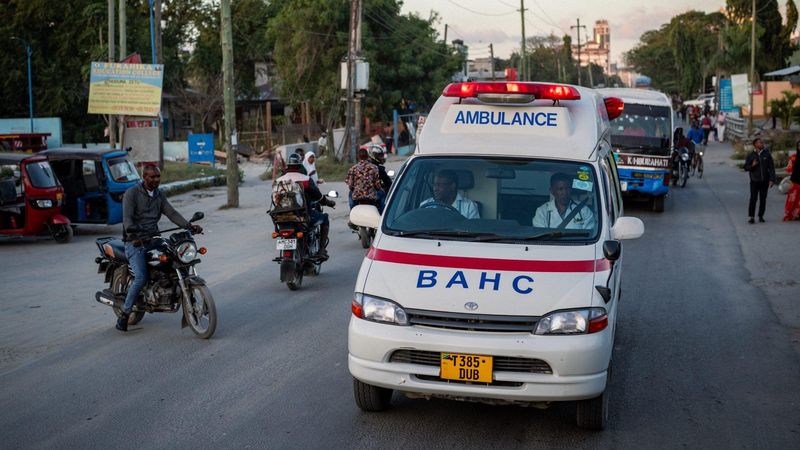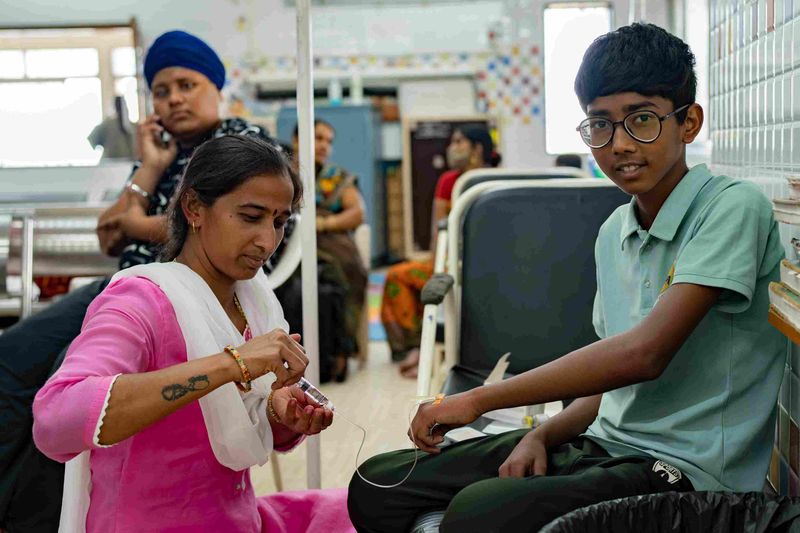
What we support
Emergency response and humanitarian relief
Whether it’s a village of 100 families devastated by floods in Turkey or one teenager in India suffering with a rare disease, the Foundation S humanitarian program is designed to strategically pivot and help. We break down silos to collectively have the greatest impact for those facing crisis. And we have made progress, including developing emergency preparedness protocols and being an inaugural member of WHO Foundation’s Health Emergencies Alliance. We aim to facilitate a transition from a reactive to a proactive medicine donation approach and boost efficiency, even in less severe, ongoing crises.
Collaboration is key to broadening Foundation S' reach and enhancing the effectiveness of direct relief efforts. That’s why we work with a vast network of colleagues & partners, including the Partnership for Quality Medical Donations (PQMD), Tulipe, the International Committee of the Red Cross (ICRC), Direct Relief, Anera, Ordre de Malte, Friends for Health, Helping Hands Korea, HelpUkraine, AiFD20, and various ministries of health and development agencies across the globe – to extend the reach of our humanitarian impact.
Our rare commitment
Our mission is to provide rare disease treatment access regardless of geography, background or economic resources – across diseases including hemophilia, Gaucher, Fabry disease, Pompe disease, acid sphingomyelinase deficiency (ASMD), and mucopolysaccharidoses (MPS) types I and II.
Those with severe hemophilia in the developing world often do not survive to adulthood, or face a life of disability, isolation, and chronic pain. Foundation S believes all patients should have access to care, regardless of where they live. Together with Sobi, we pledged to donate up to 100MIUs of factor therapy every year to the World Federation of Hemophilia (WFH) Humanitarian Aid Program until 2030; a 15-year commitment.
We know how to provide sustainable, long-lasting support to individuals with a rare disease or immediate relief to a large community ravaged by climate change. Simply put, our holistic approach is designed to address an increasingly complex humanitarian environment
Our Humanitarian Impact – Emergency Support and Direct Relief
Our Impact:
25 Million
patients reached
Our rare disease impact
25,000+
patients treated

Collaborating With a Diverse Range of Partners at Global, Regional, and Local Levels
Collaboration is key to broadening Foundation S' reach and enhancing the effectiveness of aid efforts. That’s why we are working with a vast network of colleagues & partners, including the Partnership for Quality Medical Donations (PQMD), Tulipe, the International Committee of the Red Cross (ICRC), Direct Relief, Anera, Ordre de Malte, Friends for Health, Helping Hands Korea, HelpUkraine, AiFD20, and various ministries of health and development agencies across the globe.
Related Content

NEW Health Emergencies Alliance
The WHO Foundation launches the Alliance for businesses around the world.

Mobilization for Türkiye and Syria
The Health Emergencies Alliance mobilizes for Türkiye and Syria.

Our Impact Report
Our focus is on dismantling barriers to collaboration.

The WFH and our sponsors: making a difference in India
WFH supports the bleeding disorders community in India.

Celebrating 25 Years of The Gaucher Initiative
Foundation S and partners celebrate 25 years of Gaucher disease treatment.